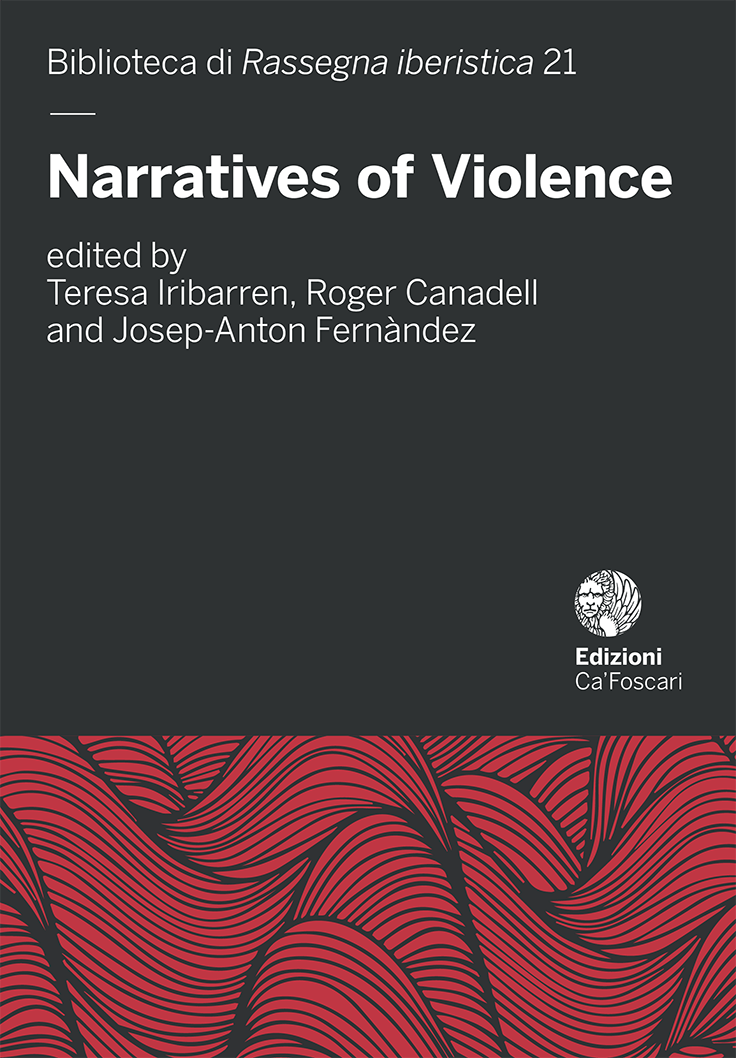- search 187 views
- file_download 41 download
- keyboard_capslock metadata
-
mark_email_readIscriviti alla newsletter
Bodies and Economic Violences in Contemporary Japanese Fiction
Absence, Change, and Empowerment in Yū Miri, Murata Sayaka, and Kawakami Mieko
abstract
This paper explores how different ways of articulating the idea of the body in contemporary Japanese literature are inscribed within a paradigm of criticism against ongoing modes of economic violence. The goal is to explore three ways of articulating the body represented in these works: change and adaptation to neoliberal demands in the case of Murata Sayaka’s Konbini ningen (Convenience Store Woman), a quest for empowerment in Kawakami Mieko’s Natsu monogatari (Breasts and Eggs), and the invisibilization of poverty in Yū Miri’s JR Ueno eki kōen guchi (Tokyo Ueno Station).
Keywords: Symbolic violence • Murata Sayaka • Japanese literature • Yū Miri • Body literature • Economic violence • Kawakami Mieko





